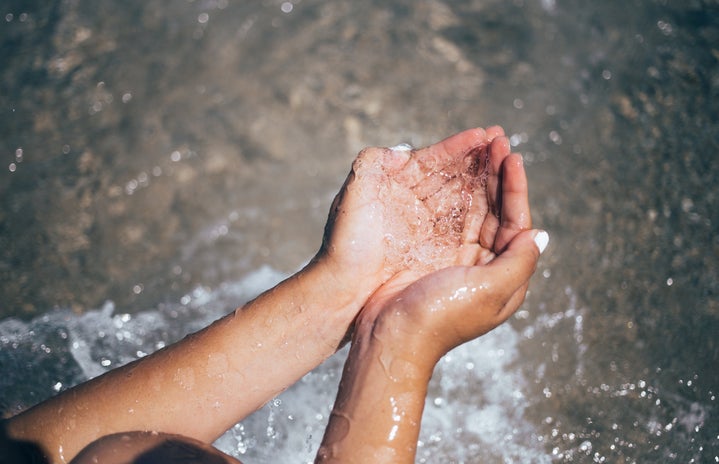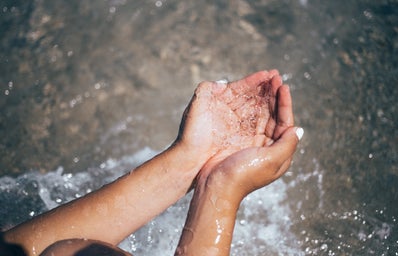Offshore oil exploration in the Atlantic has been a hot topic in politics, especially in recent years. Whether it would be the Republican or Democrat side, ‘more jobs created’ and ‘US energy independence’ seems to be the highlight of the proposal. Along the Atlantic coastline, communities rely on healthy ecosystems to support jobs in fishing, recreation and tourism. Despite the happy face painted by the oil industry on its offshore drilling proposal, the risks are real with the environmental and economic impact. Why is this important to know?
The proposal is to have offshore oil rigs along the Atlantic as close to 3 miles from the coast, (goodbye lovely beach views) from the tip of Maine to the very south of Florida.
This kind of threat would significantly impact not just marine life (whales, dolphins, fish), but the economies on which east coast communities thrive. “This move to begin oil and gas exploration is the first step toward oil drilling off the Atlantic coast. Oceana, which has remained vigilant in the fight to keep oil and gas development out of the Atlantic, estimates in their latest analysis that offshore oil drilling activities threaten 1.5 million jobs and $108 billion in GDP.” Which states that this is bigger than just an act to save marine ecosystems, but also a huge impact on the job market in coastal communities.
Being a college student in Horry County and in the Myrtle Beach S.C. area, I was pleased to see that the representatives here have opposed this plan. Search Atlantic Coast Representative Opposition (Signed Documents Bottom of Page).
So, what is offshore drilling?
There are two major things needed for this process: seismic testing and oil rigs.
To explain this in ‘simpler terms’, seismic testing is used to gather information on the seafloor by use of an airgun which emits a blast of compressed air underwater. This action creates one of the loudest man-made sounds on earth (240db underwater) that’s 2x’s louder than an average plane take-off (imagine that the next time you’re at the airport).
Large vessels conduct seismic tests for oil and gas that “often tow a rig of up to 40 airguns at a time. The plan would be to have them “blast every 10 seconds, 24 hours a day, for weeks on end while a survey is being conducted.” If approved, this could severely impact changes to major ecosystems, also costing a decline in jobs for the seafood industry.
Offshore drilling is a complex way of extracting oil below surface level which can cause major impacts to ecosystems. The process of “drilling for oil and gas underseas is much more challenging than drilling on land. Extraction, transportation, and environmental protection are all more difficult with offshore drilling. To make this process simpler, oil companies have developed offshore oil platforms to help in this extraction.”
I’ve attached a link to to the quote for more information on how this is completed however, I would like to note that even if completed “correctly”, the process still poses a threat to marine and terrestrial ecosystems. (Ex. Deepwater Horizon BP oil spill of 2010. Offshore oil rigs exploding were the cause for this disaster).
How can you help?
I’ve encountered many people who are unaware as to what this all means and how important it is to be aware. Now is the time to start listening to what our politicians’ are discussing. So, when it comes time for voting we won’t be blind as to what is proposed to be voted on and why.
You have the opportunity to take control and impact change! Reach out to your representatives.
For More Info Please Check Out These Sites:
Atlantic Region Map of Proposal


